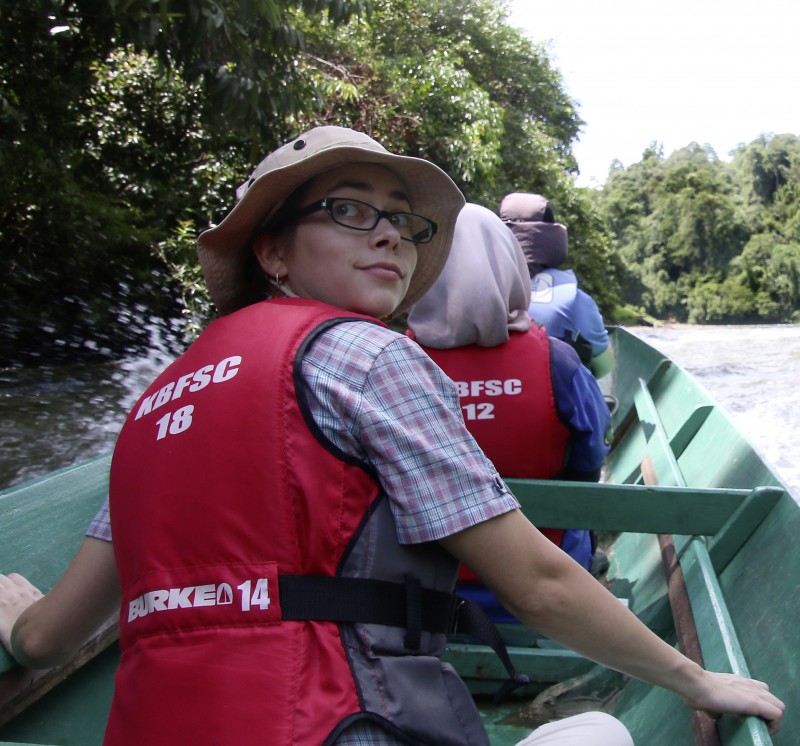KLI Colloquia are invited research talks of about an hour followed by 30 min discussion. The talks are held in English, open to the public, and offered in hybrid format.
Fall-Winter 2025-2026 KLI Colloquium Series
Join Zoom Meeting
https://us02web.zoom.us/j/5881861923?omn=85945744831
Meeting ID: 588 186 1923
25 Sept 2025 (Thurs) 3-4:30 PM CET
A Dynamic Canvas Model of Butterfly and Moth Color Patterns
Richard Gawne (Nevada State Museum)
14 Oct 2025 (Tues) 3-4:30 PM CET
Vienna, the Laboratory of Modernity
Richard Cockett (The Economist)
23 Oct 2025 (Thurs) 3-4:30 PM CET
How Darwinian is Darwinian Enough? The Case of Evolution and the Origins of Life
Ludo Schoenmakers (KLI)
6 Nov (Thurs) 3-4:30 PM CET
Common Knowledge Considered as Cause and Effect of Behavioral Modernity
Ronald Planer (University of Wollongong)
20 Nov (Thurs) 3-4:30 PM CET
Rates of Evolution, Time Scaling, and the Decoupling of Micro- and Macroevolution
Thomas Hansen (University of Oslo)
RESCHEDULED: 18 Dec (Thurs) 3-4:30 PM CET
Chance, Necessity, and the Evolution of Evolvability
Cristina Villegas (KLI)
8 Jan 2026 (Thurs) 3-4:30 PM CET
Embodied Rationality: Normative and Evolutionary Foundations
Enrico Petracca (KLI)
15 Jan 2026 (Thurs) 3-4:30 PM CET
On Experimental Models of Developmental Plasticity and Evolutionary Novelty
Patricia Beldade (Lisbon University)
29 Jan 2026 (Thurs) 3-4:30 PM CET
Jan Baedke (Ruhr University Bochum)
Event Details

Topic description / abstract:
A multidisciplinary project titled “Voluntary self-sacrifice in exploding ants: a mechanism to defend coevolved microbiomes?” explores the evolution, phylogeny, and ecology of the “exploding ants” of the Southeast Asian Colobopsis cylindrica (COCY) group. These ants are best known for their unique defensive behaviour: In territorial combat, minor workers can rupture their integument to release the sticky and toxic contents of their enlarged mandibular gland reservoirs, thereby killing their rivals and themselves. Such voluntary self-sacrifice (autothysis) is very rare in nature and hitherto only known in social insects.
In addition to their “explosive” workers, COCY ants possess a second helper caste termed soldiers or “doorkeepers”. With their enlarged and truncated heads, these animals close nest entrances (phragmosis) to defend the colony against intruders. In rare cases, morphologically aberrant individuals infected by mermithid nematodes have also been discovered. The specialized structures of the respective castes, as well as the developmental perturbations caused by parasites are being investigated within the project, in hope of shedding light on the evolution and development of these enigmatic insects.
Biographical note:
Alice Laciny (*1989) is a PhD student at the Department of Theoretical Biology at the University of Vienna and is currently completing her thesis in the course of the WWTF project “Voluntary self-sacrifice in exploding ants: a mechanism to defend coevolved microbiomes?” at the Natural History Museum Vienna. She has been fascinated by insects from an early age and recently became president of the Austrian Entomologists' Association. Her scientific interests include myrmecology, parasitology, evolutionary developmental biology, and caste-characterization of social insects via morphological, statistical, and behavioural methods.


